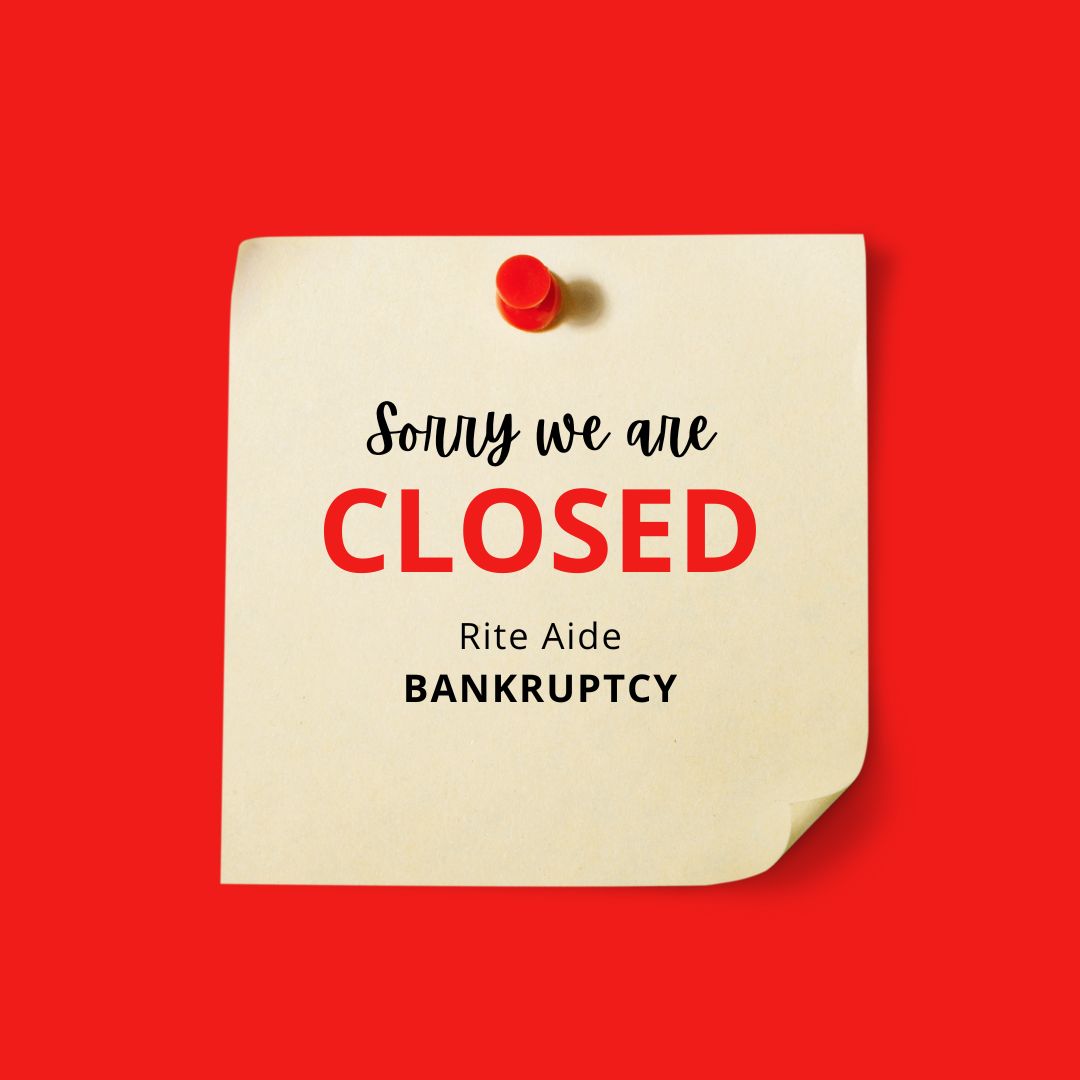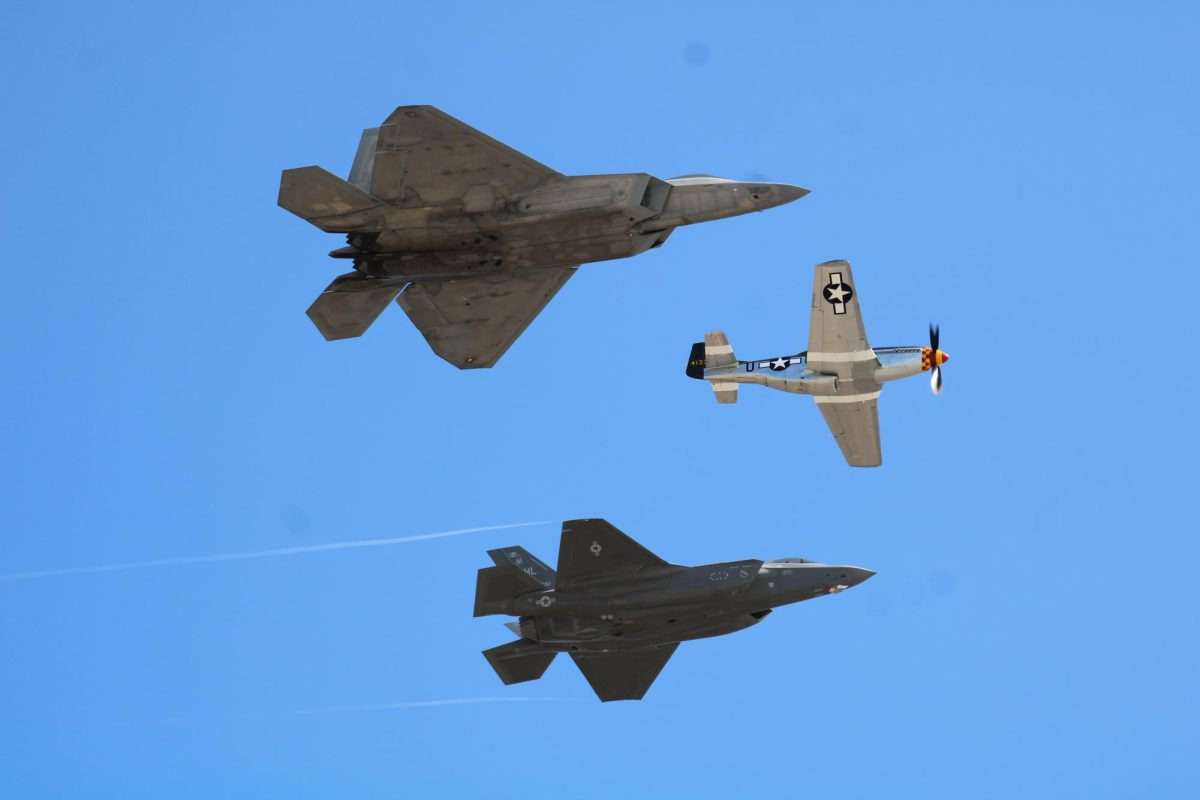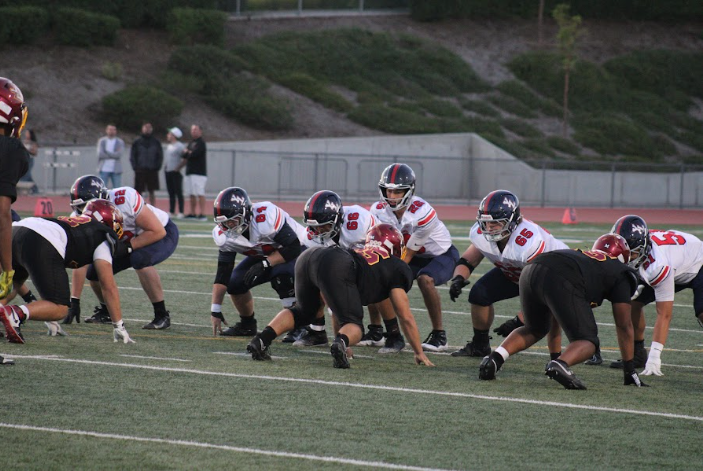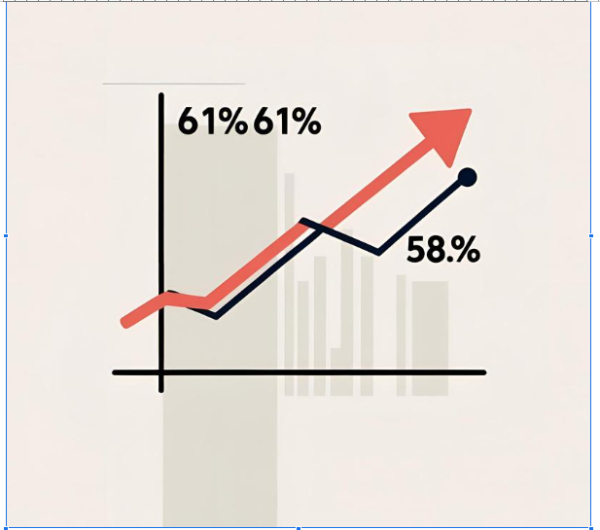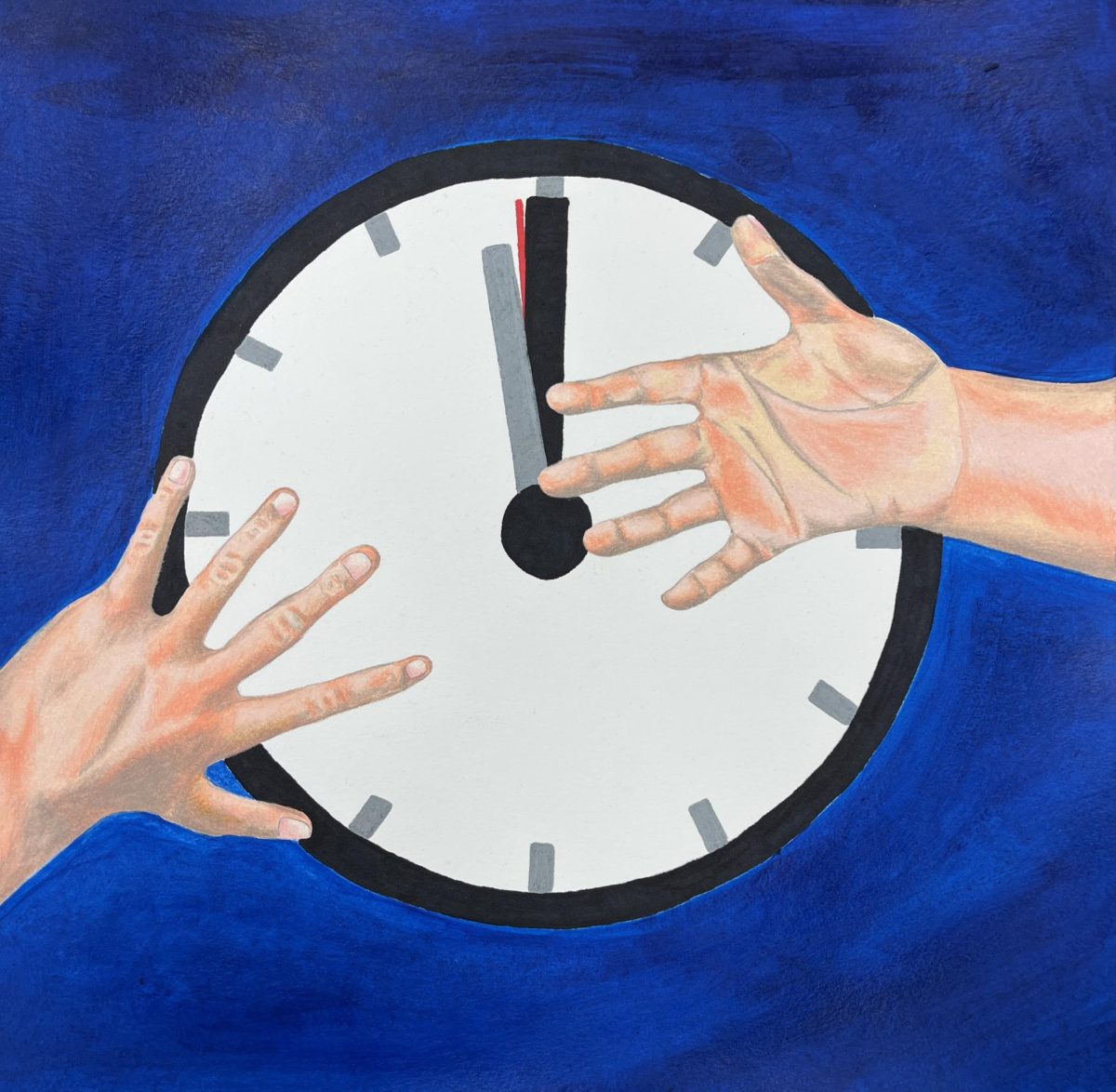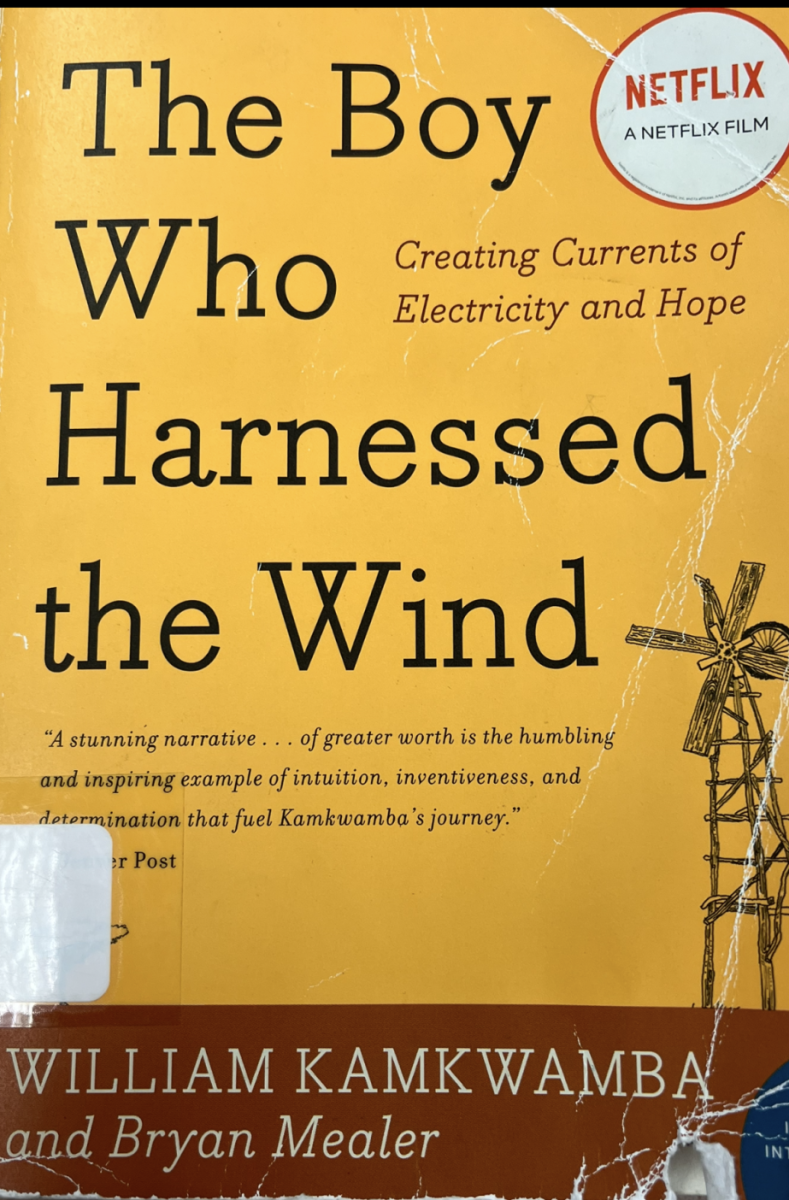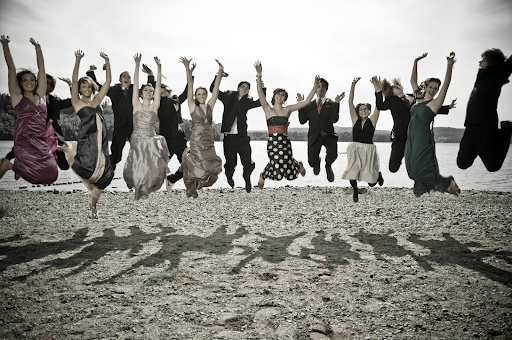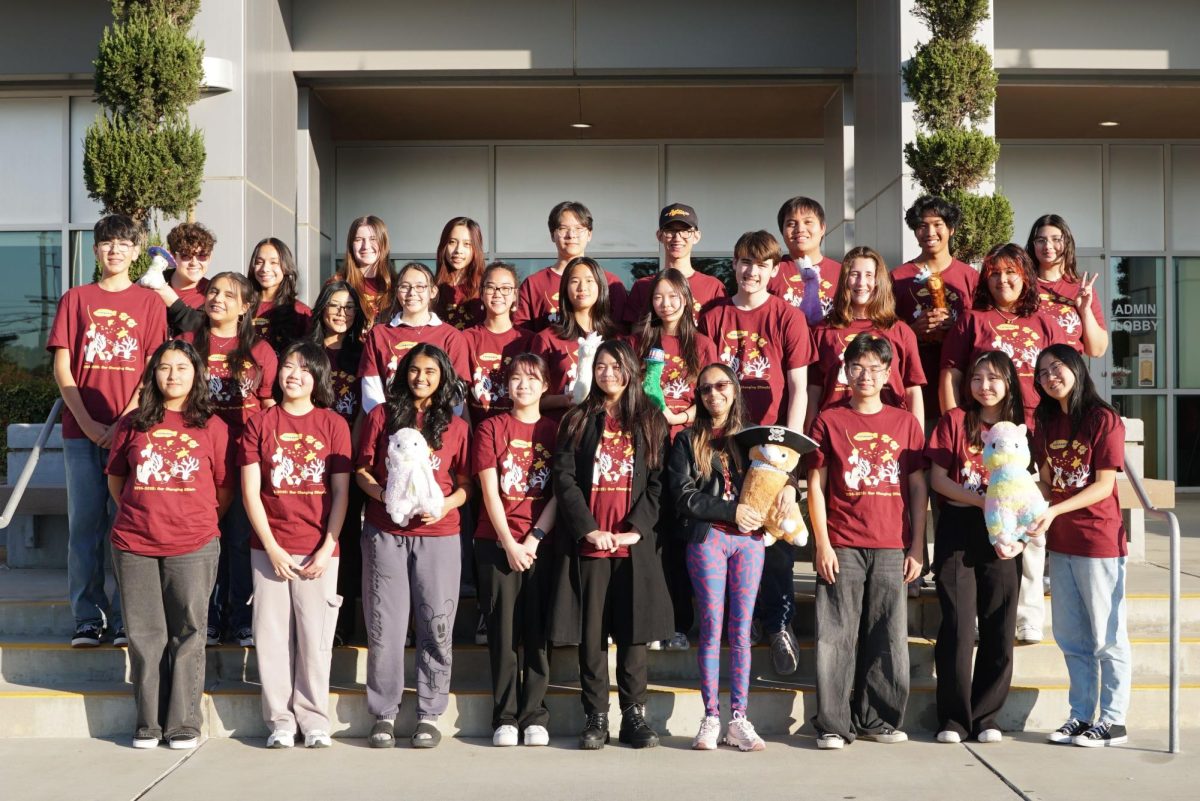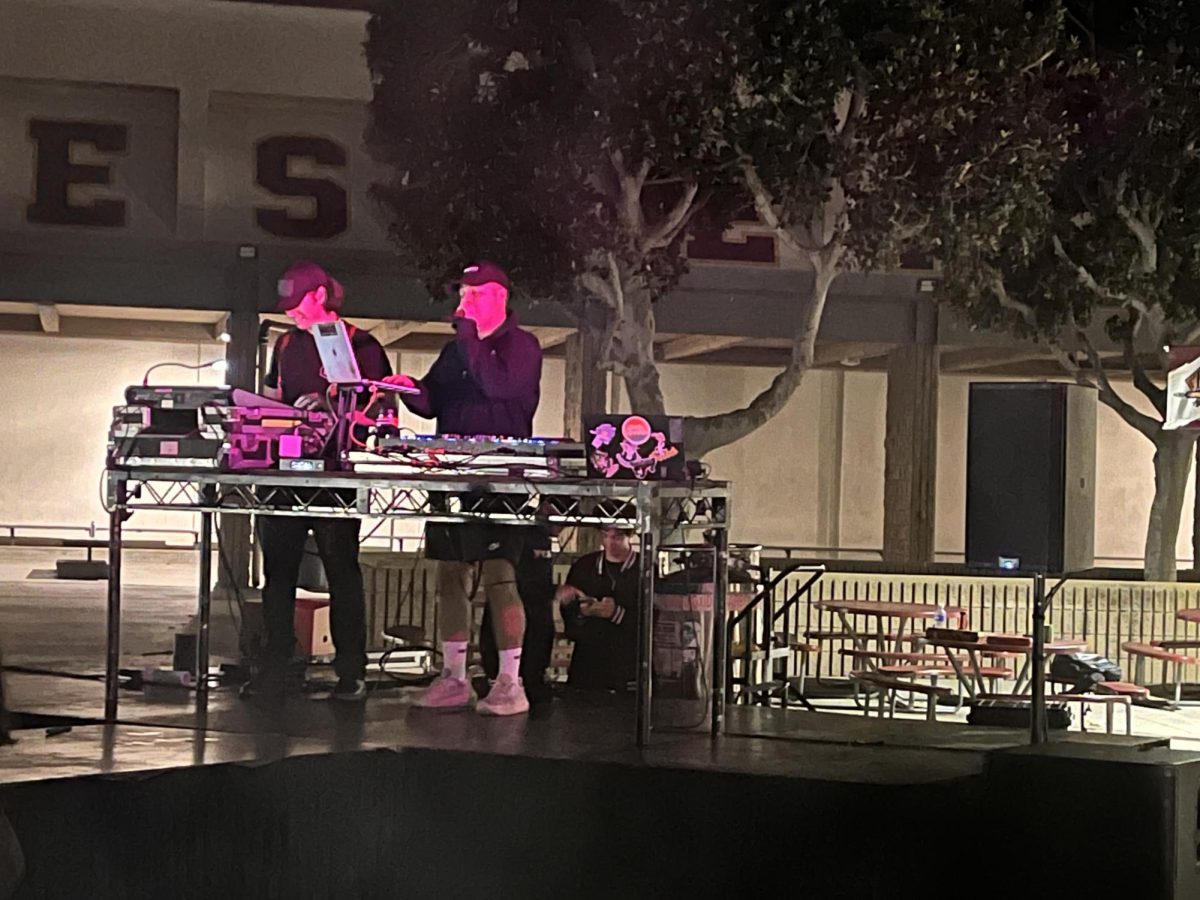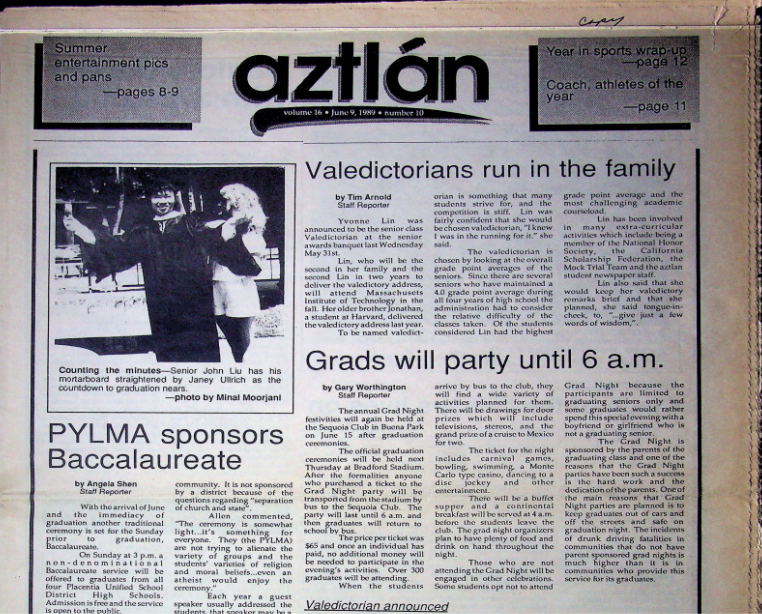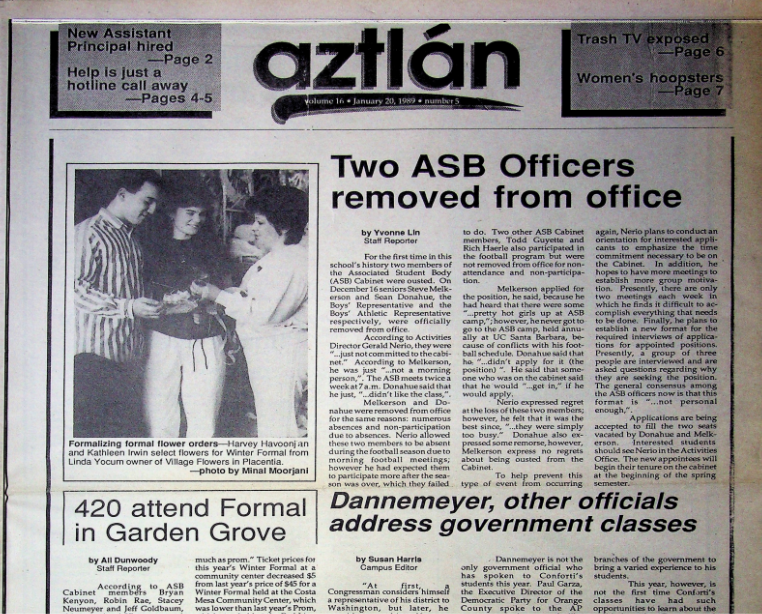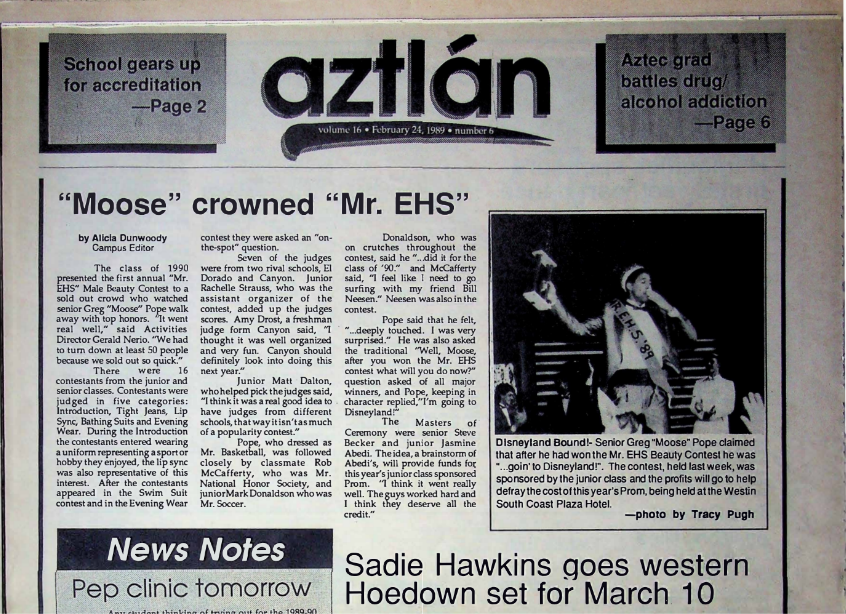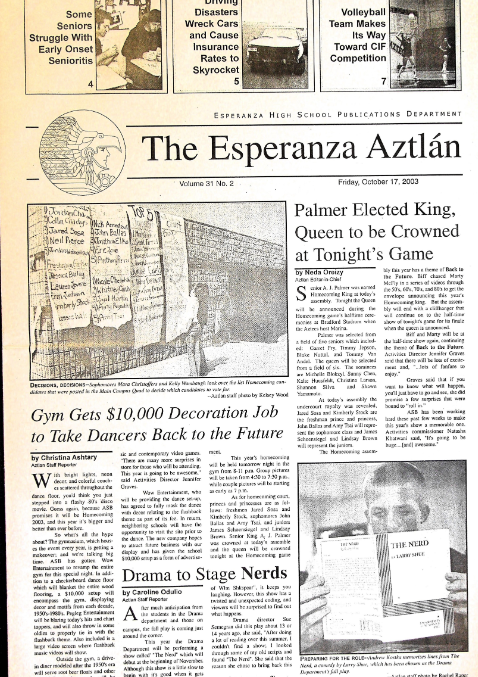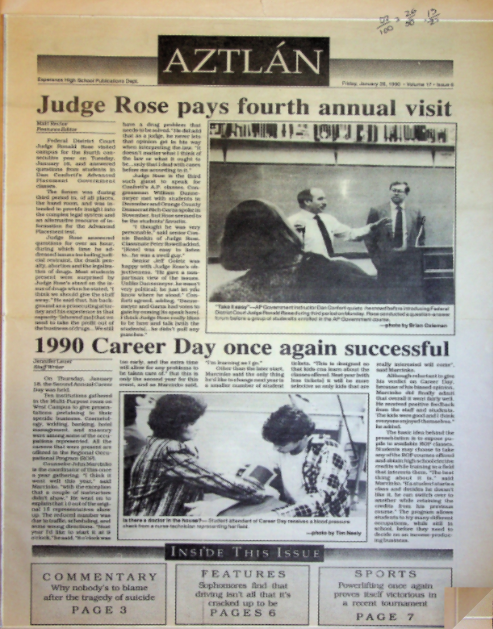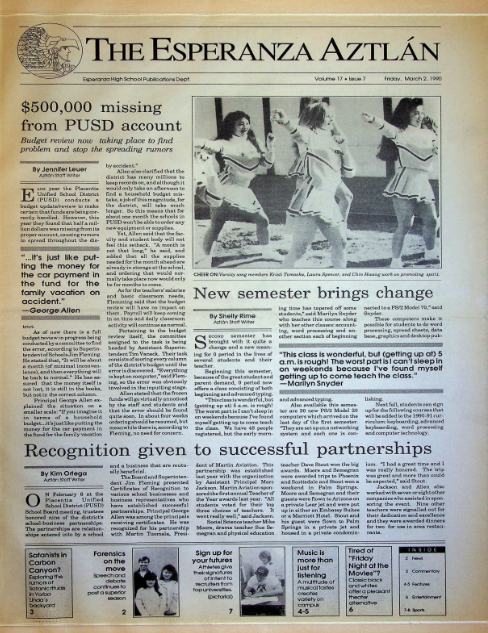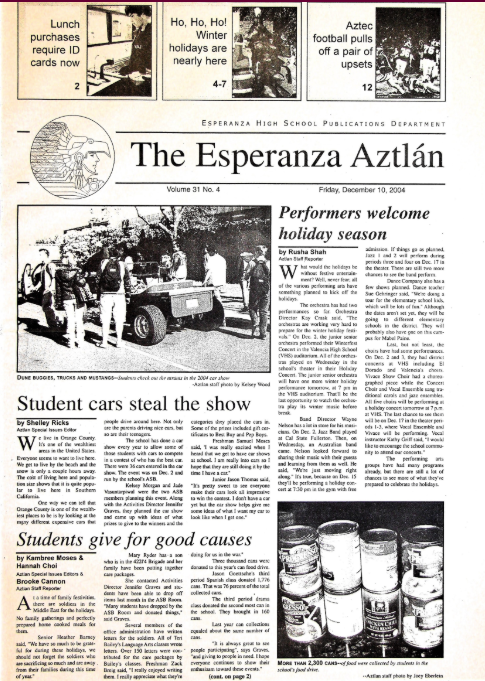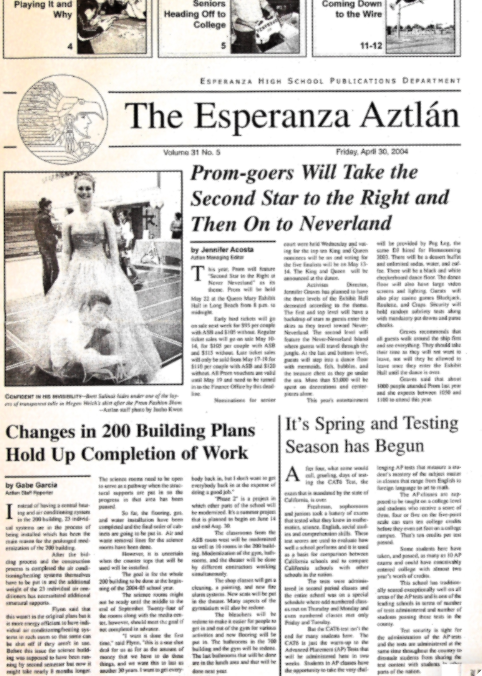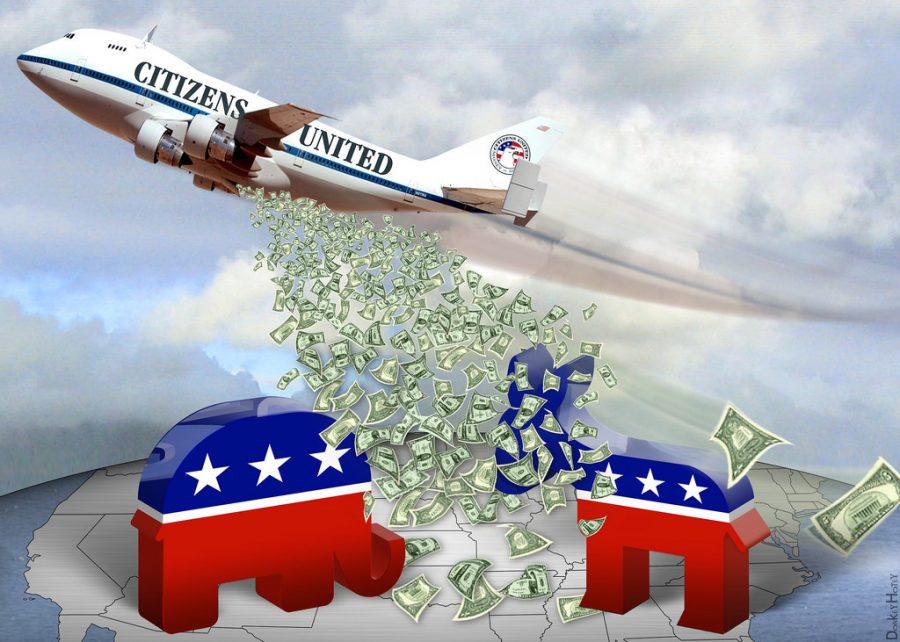Money is Corrupting Politics
As the election comes to an end, people often wonder if money can buy an election. The influence of money in elections has grown exponentially over the years, and it is evident that there is a correlation between being elected and the donations made to a campaign.
This year alone, $6.3 billion will be spent in elections, nearly one billion more than the last election. After the Citizens United decision in the Supreme Court, political contributions are protected under the first amendment, meaning the government cannot make restrictions on corporations and unions for campaigns. However, looking at the statistics from the elections it appears that restrictions need to be put in place to ensure that the American people are electing the officials that will best represent them.
Super PACS, which are political action committees that can raise unlimited amounts of money to contribute to elections, have given significant sums of money to the election this year. With each election cycle, Super PACs continue to grow and raise more money for the candidates. According to Opensecrets.org, which tracks money in political campaigns, over 2,300 Super PACs have been created in this election compared to 1,300 Super PACs in 2012. They have raised over $1.3 billion in this election cycle compared to $800 million in 2012. This data illustrates that their influence is only increasing in elections, and that regulations need to be put in place to keep elections in the United States reflective of what the people need and not what big business needs.
Both presidential candidates have relied on Super PACs to run their campaigns. Clinton has raised $183 million from Super PACS and Trump has raised over $57 million. Clinton who has acquired donations both big and small has raised over $700 million in her campaign. Trump, who has relied on his own money, small donors and a few large donors, has raised close to $400 million. With numbers like these, it is evident that becoming president may no longer be based on who is the most qualified.
Although money has a significant role in the presidential election, money is also required to run for other public offices such as the Senate and the House of Representatives. To run a winning campaign for the House, it costs approximately $1.5 million and to run a feasible campaign for the House is approximately $500,000. Also in the Senate, it costs approximately $7 million to simply run a campaign and about $11 million to actually win.
Political elections are currently controlled by money. Regulations need to be put in place so that political agenda of elected officials reflects the needs of the American people and not the needs of large corporations whose donations are necessary for re-election.



